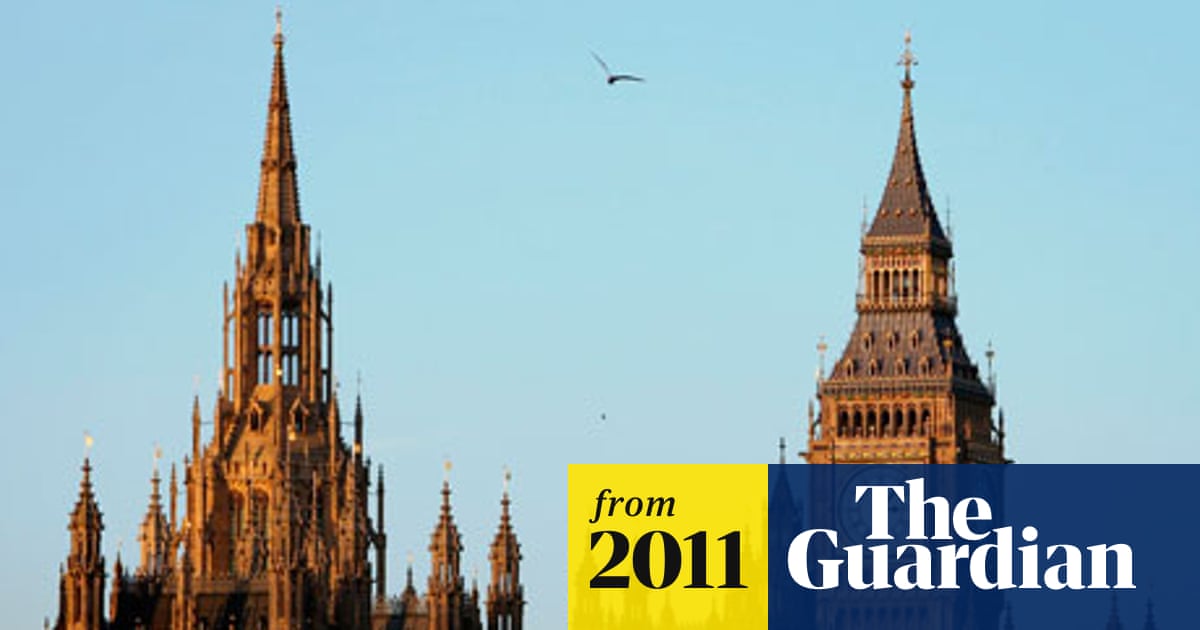Իրանական կայքը ԼՂՀ–ն ներկայացրել է որպես անկախ պետություն

Իրանական իշխանամետ կայքերից մեկը՝ «Parsine.com»-ը, ԼՂՀ–ին վերաբերող մի հրապարակում է տեղադրել «Տաս երկիր, որի մասին դուք չգիտեք» խորագրի ներքո։ Հրապարակման մեջ նշվում է.
«Կան երկրներ, որոնք այնքան փոքր են, որ դուք դժվար թե լսած լինեք դրանց մասին։ Այդ երկրների բնակչությունը նույնպես մեծ չէ, այդ պատճառով էլ դուք ոչինչ չգիտեք այդ երկրների մասին։ Այնուամենայնիվ, նրանք գոյություն ունեն։ Ներկայացնում ենք ոչ մեծ 10 երկրները»,–որից հետո սկսվում է այդ երկրների նկարագրությունը, և առաջին իսկ գրառումը վերաբերում է ԼՂՀ–ին։ Նկարագրված են երկրի դրոշը, բնակչության թիվը, մայրաքաղաք Ստեփանակերտը և այլն։ Ապա պարսկերենով գրված է.
«Լեռնային Ղարաբաղ։ Հանրապետությունը գտնվում է Հայաստանի ու Ադրբեջանի միջև, չի պատկանում նրանցից որևէ մեկին։ Բնակչությունը մեծ մասամբ հայ է (95 տոկոս), մնացածը հույներ ու քրդեր են»։
Տեղեկացնենք, որ այս հրապարակումը ծավալուն քննարկումների առիթ է տվել Ադրբեջանում։ Ըստ ադրբեջանական փորձագետ Մուբարիզ Ահմեդօղլուի՝ Իրանը նման կերպ փորձում է համոզել հայերին, որ Մինսկի խմբի առաքելությունն անարդյունավետ է, և որ Իրանն ավելի արդյունավետ միջնորդ կարող է հանդիսանալ։








 , BP to have cheap oil, etc... Israel to sell a lot of arms, etc.... but there is still someone not mentioned yet ....... the Kurdish Aliyev clan!
, BP to have cheap oil, etc... Israel to sell a lot of arms, etc.... but there is still someone not mentioned yet ....... the Kurdish Aliyev clan!

Leave a comment: